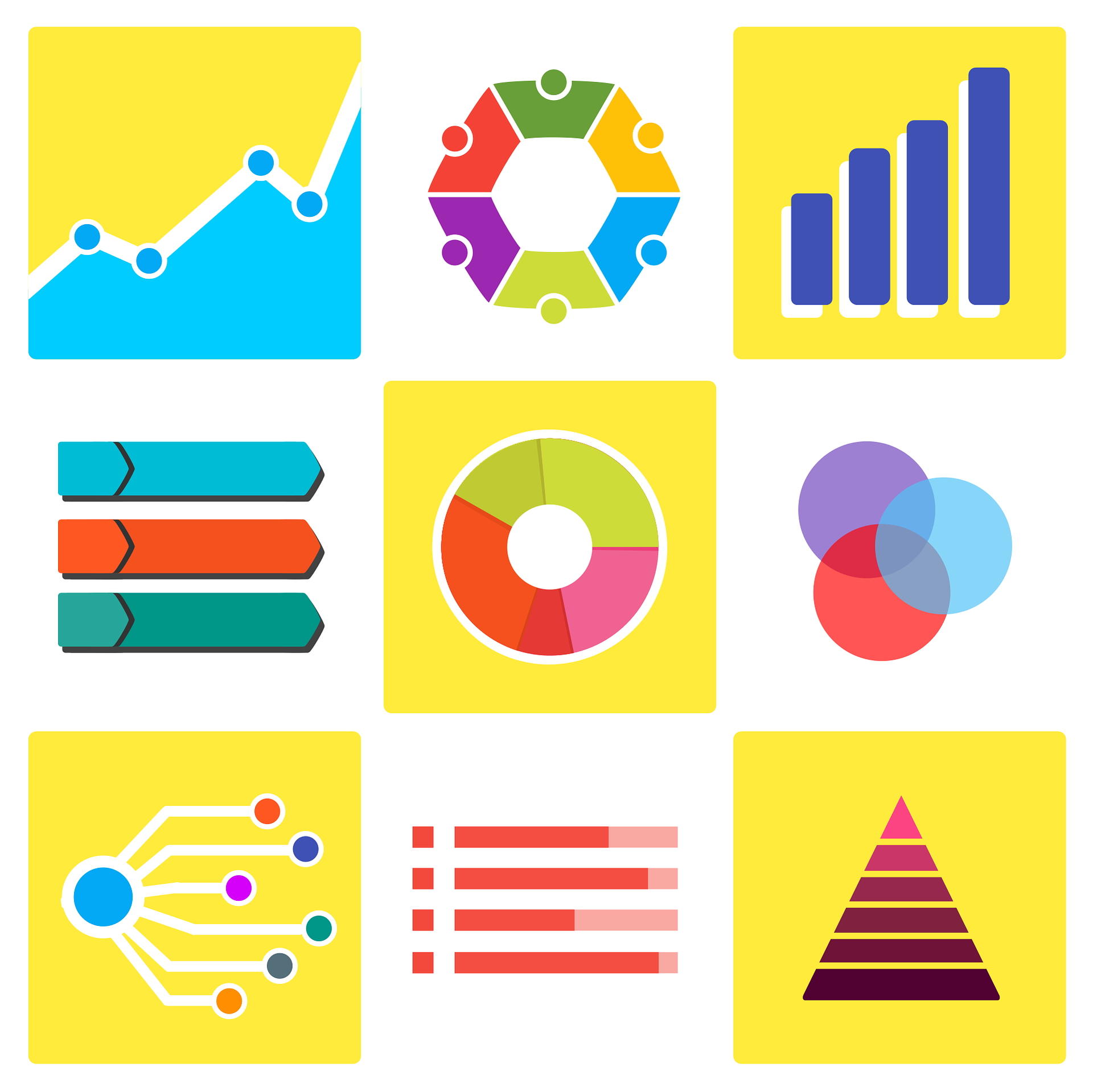Exploring the path to big data analytics success in healthcare 
Journal of Business Research
, 70
, 287-299. 2017.
Author(s): Yichuan Wang. Nick Hajli.
Topics: Data & Business analytics
Industry: Healthcare
Objective and main results
This study investigates how healthcare organizations can capture business value from big data analytics. It explains how big data analytics capabilities can be developed and what benefits that can be obtained by these capabilities in healthcare organizations.
Main findings:
- Five big data analytics capabilities were identified.
- Analytical capability was the primary capability for big data analytics, followed by speed to decisions capability, predictive analytics capability, interoperability capability and traceability.
- Big data analytics capabilities are mainly triggered by data processing IT resources (i.e., tools and functionalities aiming to process all kinds of data and perform appropriate analyses for harvesting insight).
- Different capabilities and various combinations bring different benefits.
- Analytical capability is associated with all five potential benefits, in particular operational benefits, IT infrastructure benefits, and managerial benefits.
- The more compelling benefits of big data analytics are operational benefits and IT infrastructure benefits. This finding implies that big data analytics has a twofold potential; it 1) improves IT effectiveness and efficiency, and 2) supports the optimization of clinical operations.
Summary of practical implications
The authors argue that healthcare organizations should develop their
- analytical capability – i.e., use of analytical techniques to process data with an immense volume, variety, and velocity via unique data storage, management, analysis, and visualization technologies.
- speed to decisions capability, i.e., the ability to quickly transform raw data into meaningful information for supporting decision-making and action-taking.
These capabilities are associated with operational, managerial, and strategic benefits.
Healthcare organizations should also improve their interoperability capability (i.e., ability to integrate heterogeneous and external data, and share information with other institutions) and analytical capability to gain IT infrastructure benefits.
More advanced applications and maturing analytical processes are necessary for big data solutions to achieve their full potential. Other important factors include alignment between the business and analytics strategies, formation of decision-making culture, strong committed sponsorship, and people skilled in the use of analytics.
Healthcare managers may use the knowledge of how big data analytics capabilities can add business value to build their capability portfolio of big data analytics according to their immediate and future plans. The insights also provide healthcare practitioners with easy-to-follow scenarios for assessing the benefit of big data analytics and support them in defining their implementation approach.

